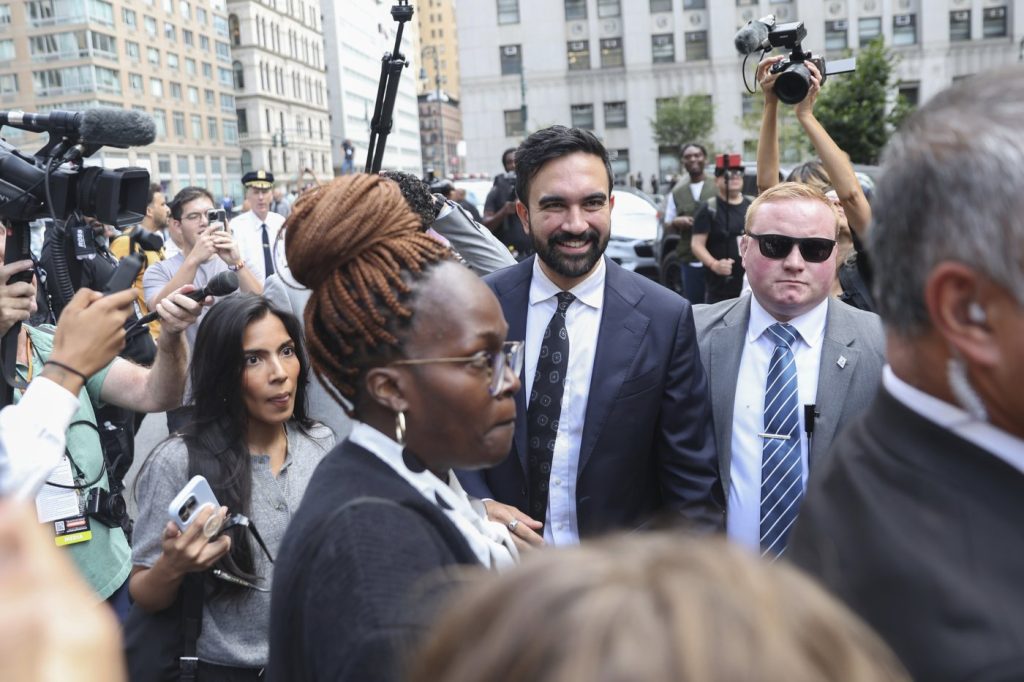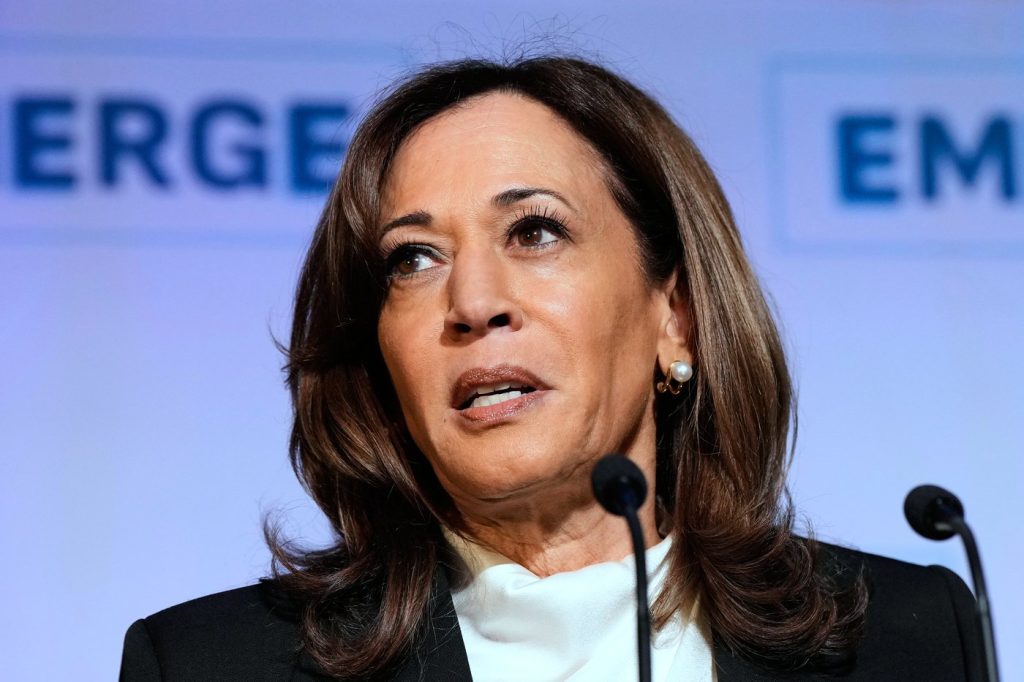NEW YORK (AP) - New York City mayoral hopeful Zohran Mamdani appeared relaxed while transitioning from a high-rise apartment to a street festival in the historic Black neighborhood of Harlem on a recent Sunday. His presence at the festival underscored his need to connect more effectively with predominantly Black areas, especially after underperforming in the June Democratic primary in those communities.
With Black New Yorkers representing about 22% of the city’s 8.8 million residents, they are a critical voting bloc. Mamdani is striving to leverage the enthusiasm he has garnered from young progressives to bridge the generational gap with older Black voters, who remain skeptical of his candidacy. Complicating his efforts are leading opponents like former Governor Andrew Cuomo and incumbent Mayor Eric Adams, both of whom have established long-standing relationships within Black neighborhoods and churches.
Mamdani's central campaign issue focuses on making housing more affordable, a message that resonates across demographics. Recent data from AP VoteCast reveals that nearly 60% of Black voters in New York express significant concern regarding personal housing costs. Mamdani emphasized this point, stating, “What I’ve heard from Black voters across the five boroughs is that the affordability crisis is one that is pushing them out of this city.” He advocates for an inclusive approach to affordability, addressing the needs of both tenants and homeowners.
Support for Mamdani is particularly robust among younger Black voters. Jerrell Gray, a 26-year-old public health nonprofit assistant director, expressed his struggles with high rent despite holding a master’s degree from New York University. He articulated a fear that talented peers often leave New York City due to its unaffordability. While he and others find Mamdani's message compelling, his appeal has not fully reached older Black voters, who tend to favor his more established opponents.
Mamdani's struggles with older Black voters were exemplified during conversations with community leaders. One pastor’s endorsement of Cuomo highlighted the importance of familial political ties, referencing Cuomo’s father, Mario Cuomo, who served three terms as governor and built strong community rapport. In the primary, Mamdani only secured victories in eight of the city’s 33 majority-Black neighborhoods, compared to Cuomo’s 25, while Adams had previously dominated all 33 majority-Black neighborhoods in the past election.
Many older Black voters remember Cuomo for his leadership during the COVID-19 pandemic, appreciating his visible involvement in the community over many years. Brooklyn resident Nerissa Robinson, 58, noted Cuomo's pandemic response made her feel "comfortable and safe." Cuomo supporters assert that they recognize his contributions and faithfulness to the community.
Eric Adams, who also has a significant role in the race after dropping out of the Democratic primary due to legal issues, is competing independently alongside Cuomo. His spokesperson contended that the primary results do not fully capture voter sentiment, with many unaffiliated voters remaining influential.
Since winning the primary, Mamdani has gained several endorsements, suggesting a growing recognition of his campaign. His outreach continued with public speeches before groups like the Rev. Al Sharpton’s National Action Network, underscoring the value of Black voter support to his candidacy. A range of political figures, including Assemblymember Rodneyse Bichotte Hermelyn, have begun to back him, emphasizing a collective desire for economic affordability within their communities.
However, doubts linger regarding Mamdani’s relative inexperience as a newcomer to politics since only taking office in 2021. Older Black voters desire candidates with a credible track record of effecting change, with many weary of rhetoric that doesn’t translate into actionable policy. Political analysts suggest that while Mamdani’s focus on affordability is critical, gaining the trust of veteran voters will require more than messaging; it will demand a proven ability to enact substantive policy solutions.
Mamdani remains confident about affordability being the key issue that can unify Black voters of varying backgrounds, asserting that the significant decline in Black youth population in New York City reflects the current leadership's inability to address crucial affordability challenges effectively.












